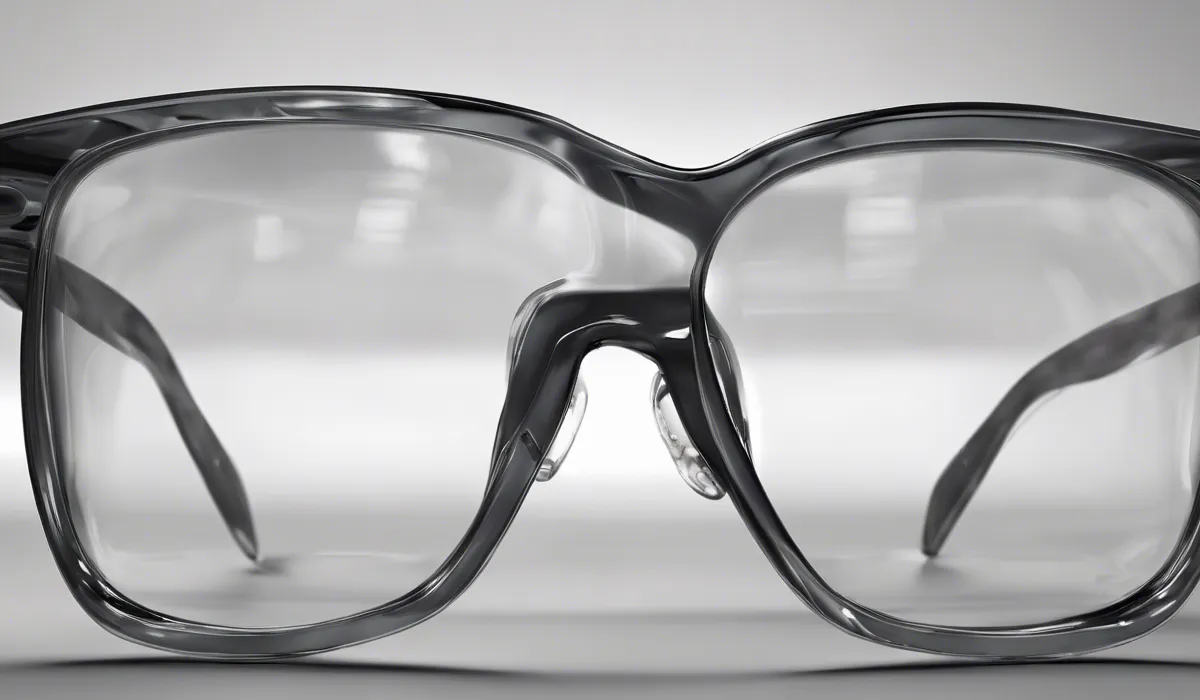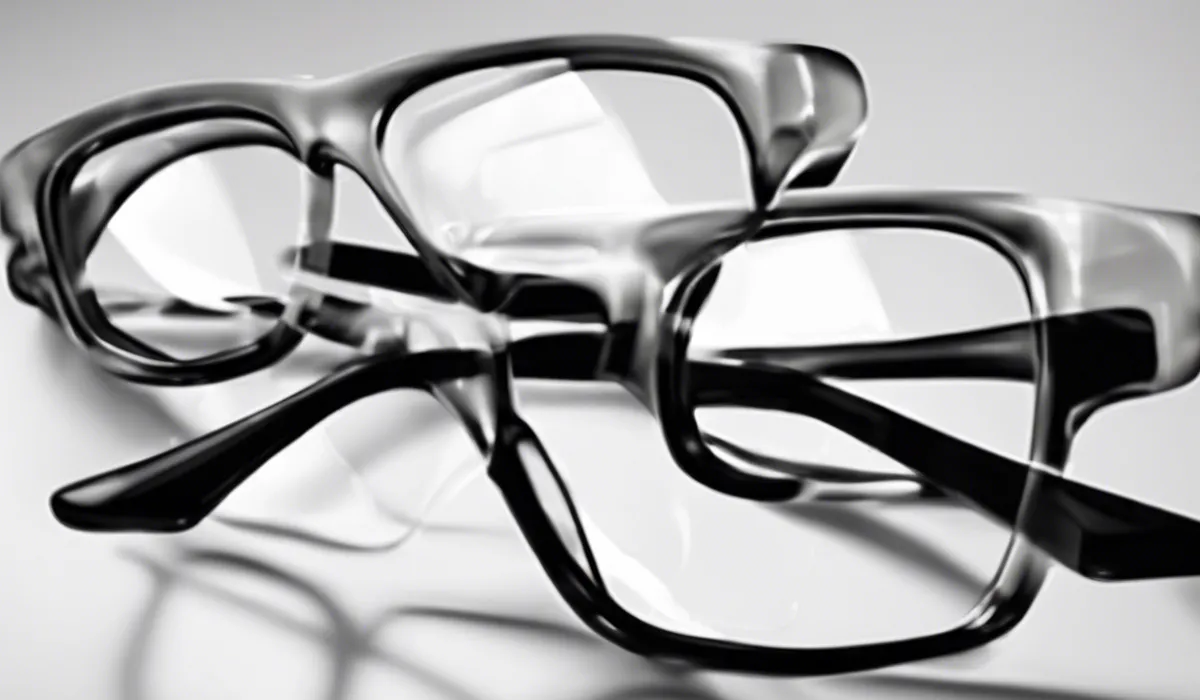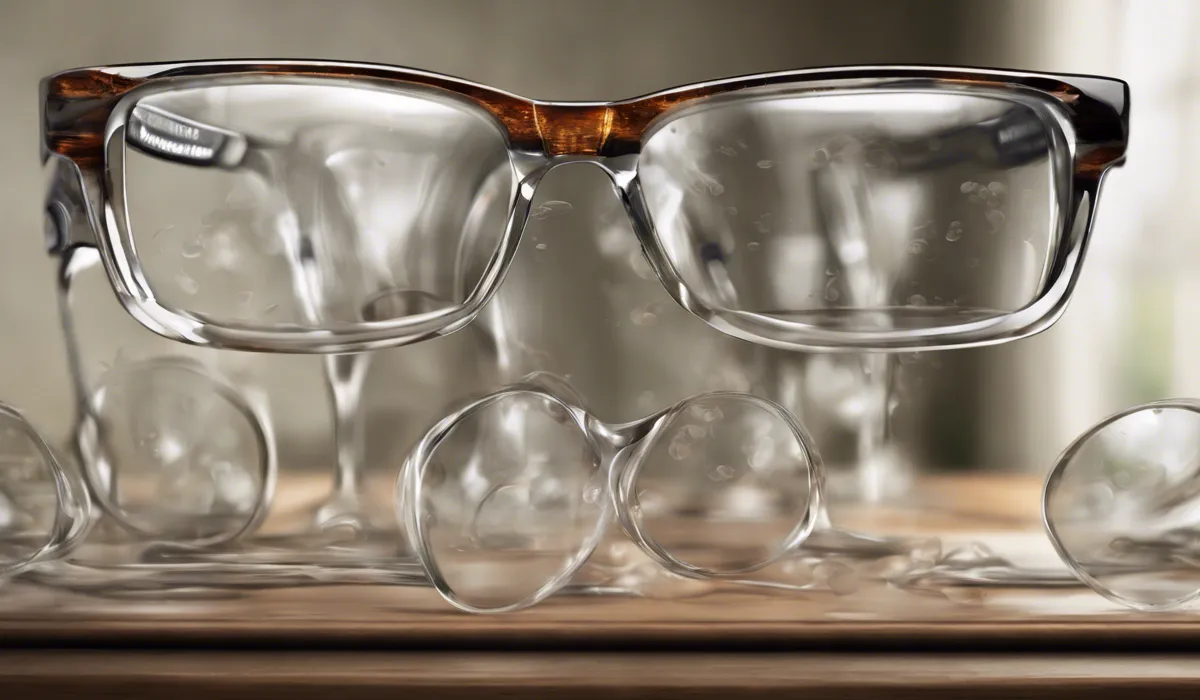Why Are My Glasses Cloudy After Dishwasher? Fix It Now!
Glasses become cloudy after a dishwasher cycle due to hard water deposits or etching. Hard water leaves mineral residues, while etching, a permanent condition, results from soft water and too much detergent. Rinse aid or vinegar can prevent future cloudiness.
Causes of Cloudiness in Glasses Post-Dishwasher

Hard Water Deposits
When you pull your glasses out of the dishwasher and notice a foggy appearance, hard water might be the culprit.
Hard water contains high levels of minerals like calcium and magnesium, which can leave behind a chalky residue. This residue accumulates over time, causing a cloudy film that is tough to remove.
The effects of hard water extend beyond simple aesthetics. Mineral buildup can also affect the taste of your beverages and the lifespan of your glassware.
As the deposits worsen, the cloudiness becomes more pronounced, leading to glasses that look dull and unclean even when they are straight out of the dishwasher.
Inadequate Rinsing and Drying
Rinse aid is a dishwasher’s best friend. It works by helping water to slide off glass surfaces, preventing those pesky water spots that can make your glasses look cloudy.
Without rinse aid, droplets dry up on the glass, leaving behind minerals that mar the glass’s clarity.
Proper drying is just as important. Dishwashers with inadequate drying settings can leave moisture on glasses, which evaporates and leaves behind minerals.
Ensuring your dishwasher has a good drying cycle is key to keeping your glasses looking spotless and clear.
Dishwasher Etching
Etching is a form of wear that happens over time. It is a chemical process where the glass surface corrodes, leading to tiny scratches and a cloudy appearance. Unlike hard water stains, etching is permanent and cannot be cleaned away.
Some detergents can be harsh on glassware, especially if they contain abrasive materials or harsh chemicals.
These substances, combined with soft water that lacks minerals to buffer the cleaning action, can lead to etching.
Additionally, high temperatures used during the dishwasher’s drying phase can exacerbate the issue, making the selection of a gentle detergent and proper settings crucial for delicate glassware.
Prevention and Maintenance Tips

Softening Water
One of the most effective ways to prevent cloudiness due to hard water is to soften the water entering your dishwasher.
Water softeners remove minerals from hard water, ensuring that your glasses come out clear. They can be installed directly to your water supply line for comprehensive home water treatment.
If a water softener is not an option, using vinegar can help. Vinegar, a natural acid, can break down mineral deposits. Adding vinegar to your dishwasher during the rinse cycle can help keep glasses spot-free and clear.
Proper Loading and Detergent Use
How you load your glasses can impact whether they come out of the dishwasher clear or cloudy.
Glasses should be spaced out to allow water and detergent to circulate freely. Choosing a detergent that is designed for glassware can also make a difference, as can selecting a high-quality rinse aid.
The dishwasher settings you choose are important as well. Many dishwashers have a glass or delicate cycle that uses lower temperatures and gentler washing actions. Using these settings can help prevent etching and keep your glasses shining.
Regular Dishwasher Cleaning
Maintaining your dishwasher is essential to prevent cloudiness in your glasses. Over time, food particles and mineral deposits can clog the dishwasher’s filters and spray arms, reducing its effectiveness.
Cleaning these components regularly can help ensure that your glasses come out clean and clear.
It’s important to follow the manufacturer’s instructions for cleaning your dishwasher. This often includes running a cleaning cycle with a dishwasher cleaner or vinegar to remove buildup within the machine.
Remedies for Cloudy Glasses

Vinegar Soak
If your glasses are cloudy from hard water, a vinegar soak can help restore their shine.
Fill a basin with a mixture of one part vinegar to three parts water and let your glasses soak. The soak should last for at least an hour, but for heavier buildup, a few hours to overnight may be necessary.
After soaking, rinse the glasses with clean water and dry them with a soft towel. The vinegar’s acidity helps to dissolve the mineral deposits, leaving your glasses looking like new.
Baking Soda Scrub
Baking soda is a gentle abrasive that can help remove stubborn cloudiness from your glasses. Create a paste with baking soda and water, and use a soft cloth to apply it to the glass in a circular motion. Rinse thoroughly afterward.
This manual cleaning process is a bit more labor-intensive but can be effective for glasses that have been etched or have heavy mineral buildup.
Professional Glass Polishes
For severe cloudiness, commercial glass polishes might be the answer. These products are formulated to restore clarity to glassware. Before using any polish, it is essential to read the instructions carefully and test it on a small, inconspicuous area first.
Apply the polish as directed, usually with a soft cloth, and buff the glass gently. These polishes can be particularly effective for glasses that are not frequently used and have developed cloudiness over time.
Remember to handle your glassware with care, as abrasive methods can cause damage.
By following these tips and using the remedies described, your glasses can remain clear and sparkling, ready to impress guests or simply for you to enjoy a clean look for your daily use.
FAQs About Cloudy Glasses After Dishwasher
Why do my glasses look cloudy after being washed in the dishwasher?
Glasses can look cloudy after a dishwasher cycle due to hard water deposits or irreversible etching, which occurs from a combination of soft water and using too much detergent.
Can I prevent my glasses from getting cloudy in the dishwasher?
Yes, using rinse aid or adding white vinegar to the dishwasher can help prevent future cloudiness by reducing water spots and mineral deposits.
Is the cloudiness on my glasses permanent?
Cloudiness caused by hard water deposits can often be removed, but cloudiness due to etching is a permanent condition and cannot be reversed.
What causes etching on glasses in the dishwasher?
Etching is caused by the combination of soft water, excessive heat, and too much detergent, which corrodes and permanently damages the glass surface.
How can I remove hard water deposits from my glasses?
Hard water deposits can be removed by soaking the glasses in a mixture of white vinegar and water, then scrubbing gently and rinsing thoroughly.
Final Thoughts
Glasses often turn cloudy post-dishwasher due to hard water mineral deposits or etching. While mineral build-up can be remedied with rinse aids or vinegar, etching—a result of soft water interacting with excess detergent—is irreversible.
Proper dishwasher settings and detergent amounts are critical to prevent this damage and maintain the clarity of glassware.





